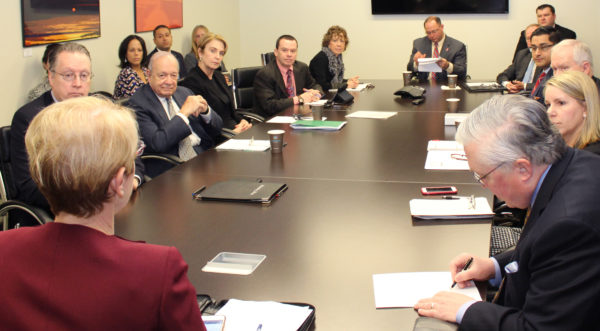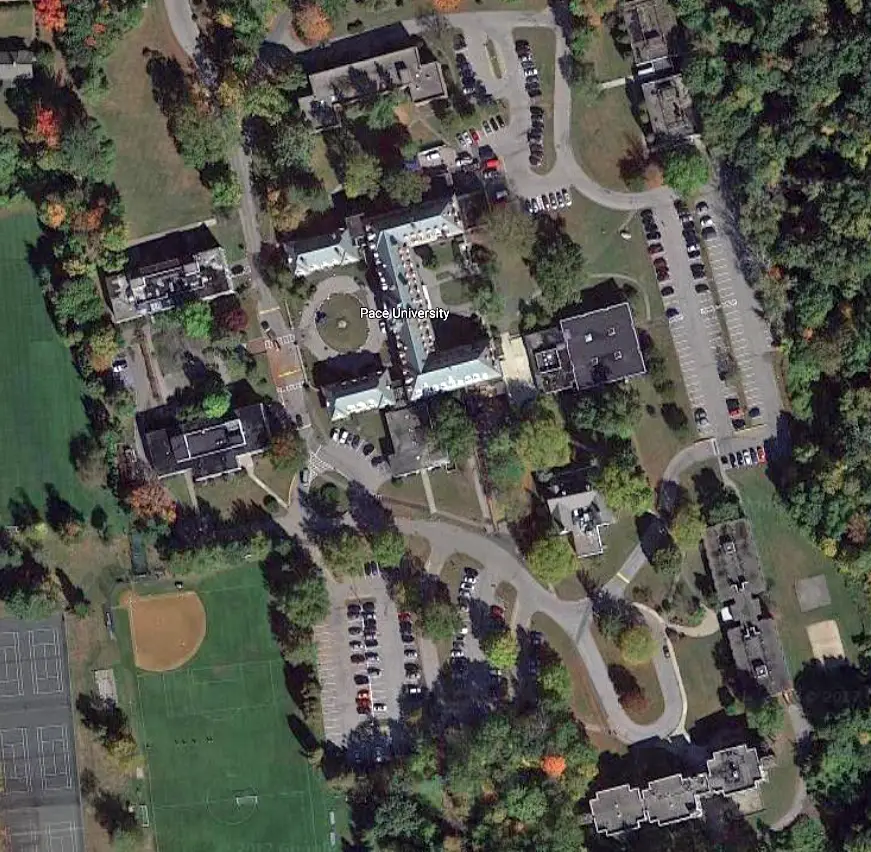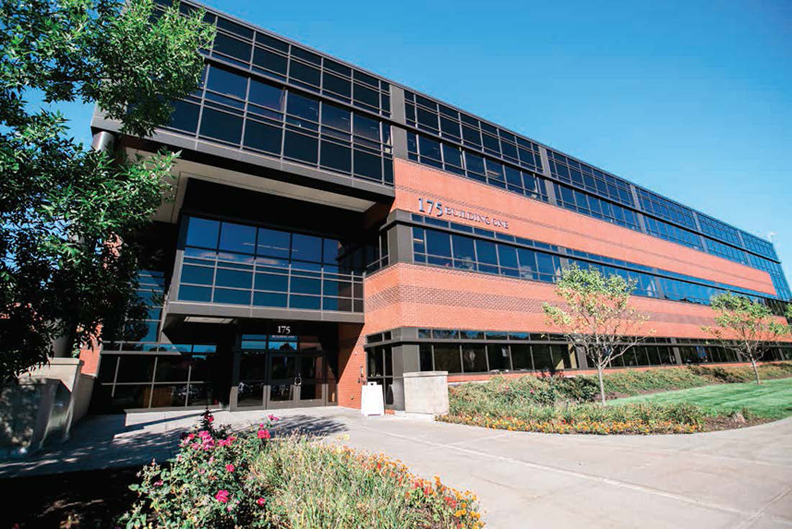Leaders of private colleges and universities in New York are gearing up to oppose Gov. Andrew M. Cuomo’s plan to offer free tuition to all state colleges and universities to students from families making under $125,000 per year, which they say could harm private schools and potentially limit the choices for incoming students.
A group of private college administrators in the region that included the presidents of Pace University, Manhattanville College, Berkeley College and Mercy College met on Feb. 15 with The Business Council of Westchester to discuss a plan of attack for pointing out what they say are likely to be negative impacts of Cuomo’s plan.
Cuomo used his first policy proposal of 2017 in January to call for free tuition at all SUNY, CUNY and community colleges for students from families making $125,000 per year or less.
 “A college education is not a luxury ”“ it is an absolute necessity for any chance at economic mobility ”¦ we”™re providing the opportunity for New Yorkers to succeed, no matter what ZIP code they come from and without the anchor of student debt weighing them down,” Cuomo said while announcing the plan.
“A college education is not a luxury ”“ it is an absolute necessity for any chance at economic mobility ”¦ we”™re providing the opportunity for New Yorkers to succeed, no matter what ZIP code they come from and without the anchor of student debt weighing them down,” Cuomo said while announcing the plan.
That’s a sentiment that appeared to be shared among the education officials gathered at the Business Council’s Rye Brook office.
“The aspirational aspects are good, kudos to the governor for looking and addressing an issue that needs attention,” said Michael J. Smith, president of Berkeley College. “Clearly, we know, for those of us in the weeds on this kind of thing, the details are fleeting.”
Stephen J. Friedman, the president of Pace University, said the governor’s proposal is posed as a conflict between public and private universities. He said the governor’s office has quoted the sticker price of tuition at private colleges to criticize them. Private colleges and universities give $5 billion a year in aid, he said, which helps offset the initial price.
“For lower-income students, there is not that much of a spread between the publics and the privates,” Friedman said. “And in the case of many colleges, there is no spread at all.”
Private colleges and universities in New York granted just under 138,000 degrees in 2015, and had an economic impact estimated at almost $80 billion, according to a study by the Commission on Independent Colleges and Universities (CICU) in New York, which represents more than 100 independent colleges and universities in the state. College and university presidents expressed concern that the governor’s proposal would drive students away from private schools.
Timothy L. Hall, president of Mercy College, said Cuomo”™s plan to offer free tuition at public universities could distort the college market.
“You can”™t wave ”˜free”™ around without misleading students who are currently choosing Mercy College because it is essentially free for the students in the lowest quartile,” Hall said.
Cuomo’s proposal is similar to one put forward by 2016 Democratic presidential nominee Hillary Clinton, who proposed that universities eliminate tuition for all in-state students whose families make less than $125,000 per year. A Georgetown University study of that plan last year estimated it would decrease enrollment at private colleges between 7 and 15 percent, while increasing public college enrollment between 9 and 22 percent.
“We believe that there is every likelihood that the governor”™s proposal will tempt students into places that won”™t be as successful for them and therefore disserve the very population that we all believe is most crucial that we have to educate,” Hall said.
Michael E. Geisler, president of Manhattanville College, said Cuomo’s plan could actually do the opposite of one of its goals: it might actually increase the education gap among rich and poor families. Families in the top 10 to 20 percent of income, he said, would continue to send their children to Ivy League and other top private universities.
“You would actually increase income inequality and decrease mobility that currently exists because you would have more students going to state schools, where they don”™t have the same opportunities that they have in private liberal arts colleges and universities,” Geisler said. “And the very top earners would continue to send their students to the top schools.”
Through CICU, private schools are pushing Albany to instead fund an expansion of the TAP award, the state’s tuition aid program, from a maximum contribution of $5,000 per student to $6,500 and increasing the maximum income level from $85,000 to $125,000. Assembly Republicans recently unveiled a plan to do just that.
“By going through TAP, you continue that competitive relationship where it’s up to the students and it’s up to all the schools around the table to compete for those students,” said Mary Beth Labate, president of CICU.
The private school leaders panned another facet of Cuomo’s budget proposal, as well. The governor’s plan would deny TAP funding to private colleges that have yearly tuition raises of more than $500, or above the higher education rate of inflation, whichever is greater.
“He wouldn”™t grab the TAP away from existing students,” Labate said. “But students would be told ”˜If X school is the best fit for you, but they increase their tuition beyond a certain amount that we mandate, then we will not give you the financial aid to go.’ So I think that”™s been one that has been overlooked a bit.”
Hall, of Mercy College, also criticized the free tuition plan for leaving out part-time students, which he said is a crucial and growing block of students for colleges.
“The market for students straight out of high school is shrinking,” Hall said. “And all around the country, everybody understands that if you are trying to produce more college educated citizens … it is absolutely crucial that you reach out to adults and adults frequently have to go to college part time. So this proposal cuts them out of the loop, which is just an amazing short-shortsightedness.”
The Business Council of Westchester, which hired its first Albany lobbyist earlier this month, said it will help oppose the governor’s current proposal.





















